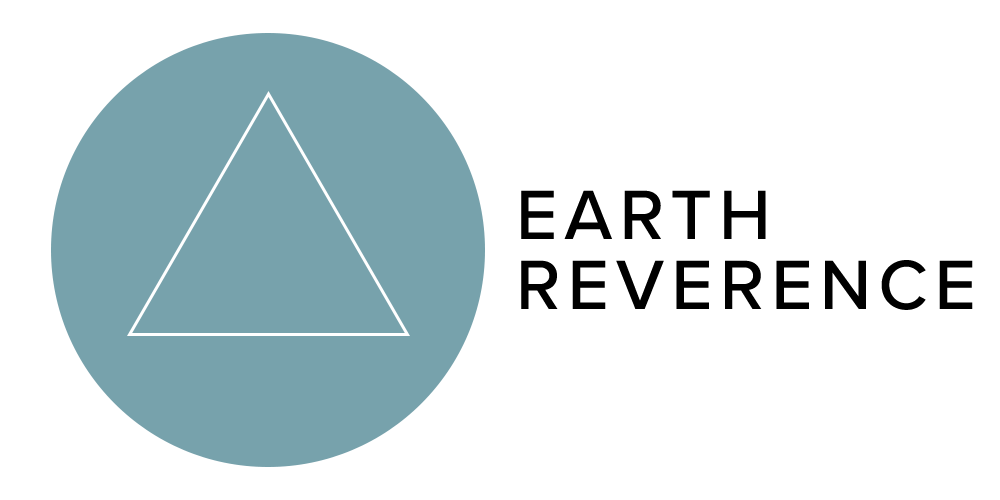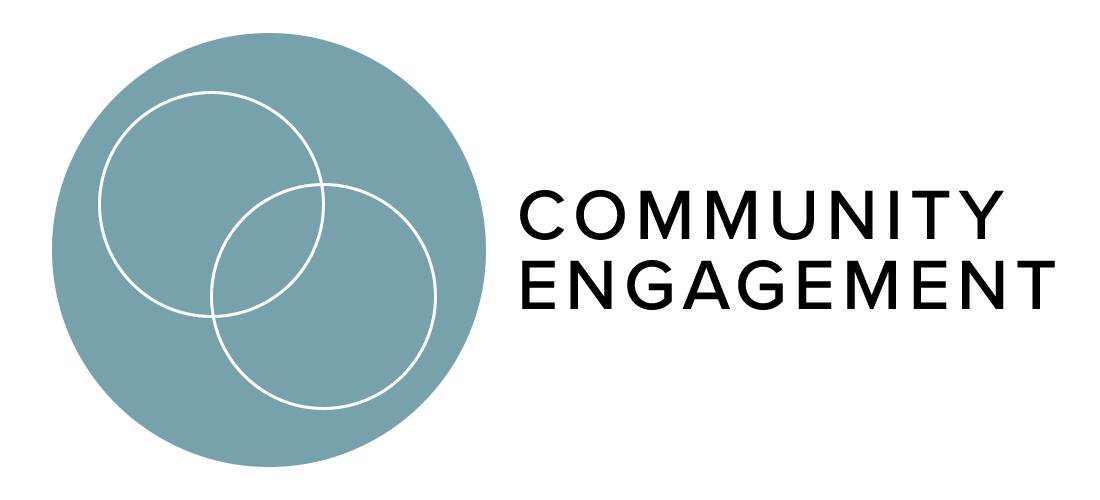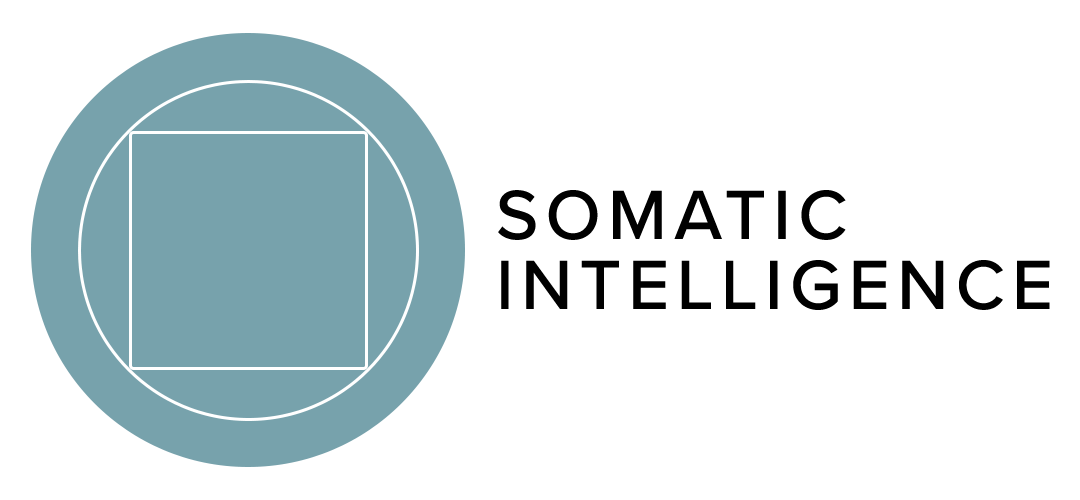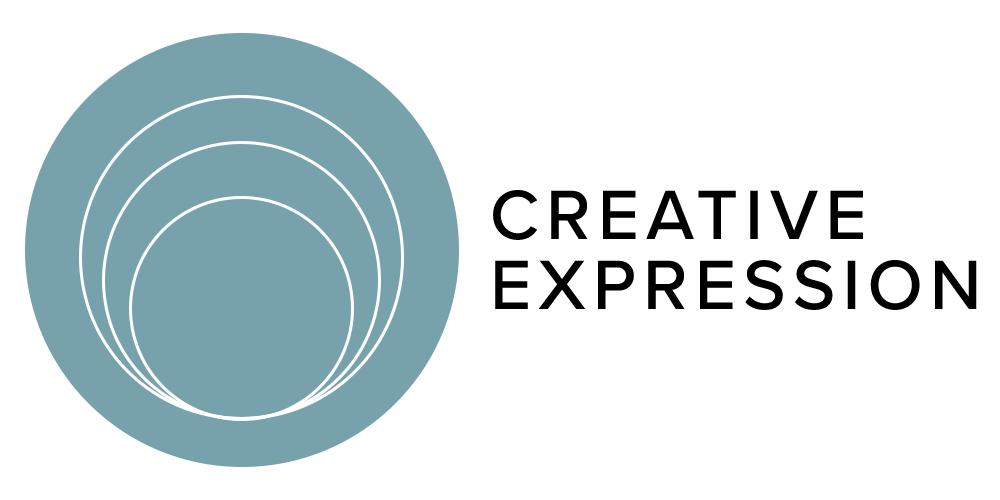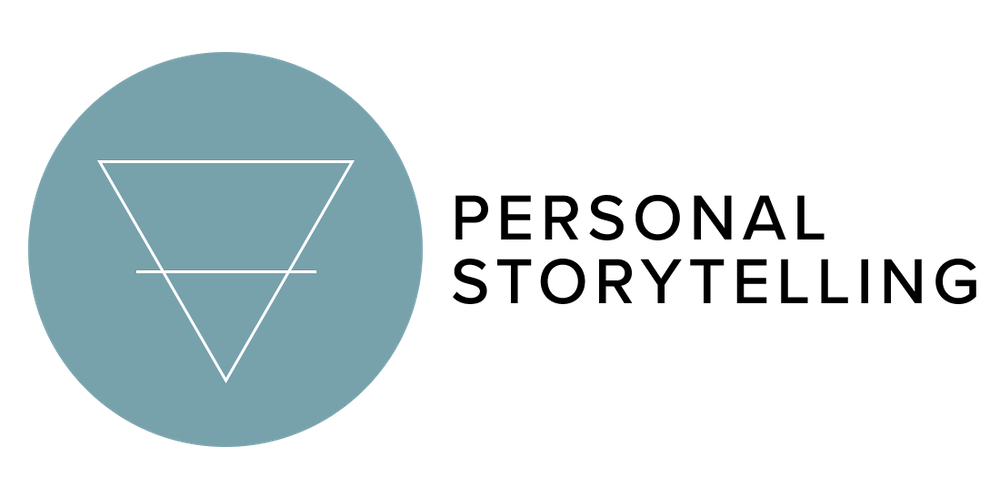About Personal Storytelling
We all have stories and our stories change.
One of the important roles of community gathering is the opportunity to share stories. It’s important for us to tell our stories—over and over again—and to hear the stories of our ancestors and our friends. Sharing our voices helps dissolve a sense of isolation at a deep, archetypal level and reveals how Mother Earth has been dreaming through us in myths and tales forever.
Whether aware or not, many long for the company they keep to be more meaningful, and long to commune in physical spaces again, rather than bur-like digital holes. Clients often come to therapy, as they struggle to resolve outer or inner conflict, longing for a relationship in which they can find acceptance of and connection to their true, one-of-a-kind Nature. It is the work of therapy to help provide this. Through bodily attunement, self-expression, sharing one’s stories in whatever forum feels organic, and connection with Nature and meaningful community people glance into mirrors and open portals into themselves.
When we share our stories, particularly without filtration, storytelling and community participation – two of the Elemental Rewilding facets – go hand in hand – yet so does storytelling and art – writing, poetry, visual tales spilled out, dancing myths into being and traumas into sweat and refuse. All the elements come together in our telling of the world.
People tend to be estranged from both their needs and personal gifts. Ecopsychologist Andy Fisher highlighted the prevalence of this in commenting on his work: “My own interest, though, is to develop a discourse more centered on speaking to and illuminating our estrangement, for that is where I believe our common experience most lies”
Social isolation is a main risk factor associated with suicidal ideation and successful suicides; belongingness is the antidote. Research conducted at Brigham Young University (2015) identified that social isolation is as threatening to individual health as obesity is. The research also found loneliness is on par with alcoholism or smoking 15 cigarettes a day in terms of riskiness. Recovery from addiction and eating disorders often centralizes replacing self-harming behaviors and social isolation with healthy rituals and group processes of vulnerability to root the individual in forming new attachments within and without. Rewilding is not so dissimilar.
Stay tuned for the Substack launch where I’ll share more Storytelling resources, research, musings and community offerings!
Disclaimer
weREWILD, its team, and content providers are not rendering medical advice or treatment – just resources. Always consult your own doctors, mental health providers, or seek some assistance if in need. Several of weREWILD’s contractors and content providers are licensed mental health practitioners. Others are certified and trained in fields noted in their biographies.
Inspiration for Micha has come from far and wide: facets glimpsed in anthropology, biology, ecology, music, literature, art, the tales of outliers and adventurers, in addition to psychological traditions of Jungian/depth psychology, feminist psychology, ecopsychology, plant medicine, and trauma-informed work. Parts of her process are drenched in the traditions of eco-therapeutic approaches, which reminds us (or teaches, for many of us) that the well-being of humans and the natural world are inextricably connected, which ancient and native peoples didn’t necessarily have to study, they breathed it. All you see here are Micha’s own proprietary writings or creations unless otherwise cited from other sources and can not be lifted.
Many of the photos used here were shot by Elli Lauren: https://www.ellilaurenphoto.com/

